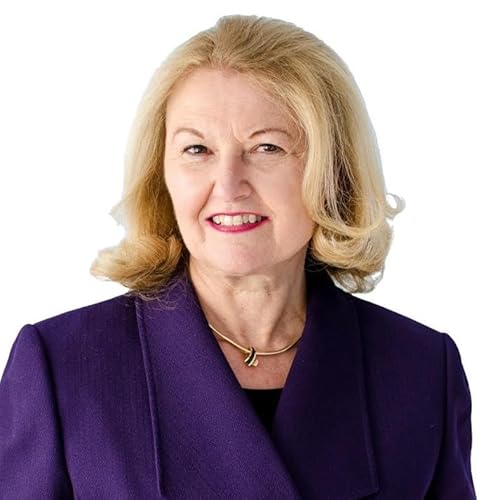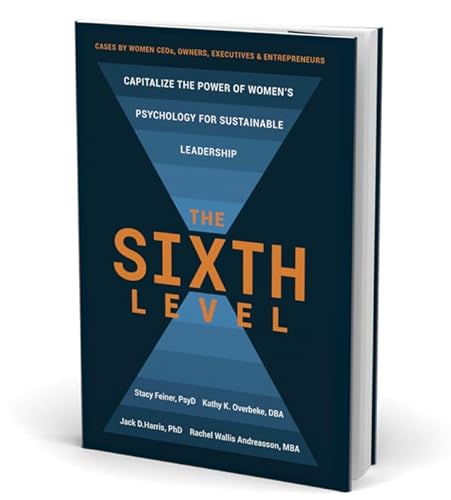"Curiosity isn't a soft skill. It's a performance capability—and organizations are paying the price for ignoring it." Summary What if the most powerful leadership capability isn't having the right answers—but asking better questions? In this On the Brink with Andi Simon episode, Dr. Deborah Clary, author of The Curiosity Curve, explains why curiosity is a measurable driver of performance, engagement, and innovation—and how leaders can deliberately rebuild it to create stronger, more human-centered cultures. Why Curiosity May Be the Missing Link in Leadership and Culture Change In this episode of On the Brink with Andi Simon, I had the pleasure of speaking with Dr. Deborah Clary, author of The Curiosity Curve and a purpose-driven leader whose work sits at the intersection of leadership development, organizational culture, and performance. What emerged from our conversation was both refreshing and deeply needed: a reminder that curiosity—something many leaders unintentionally abandon as they rise—may be the very capability organizations need most right now . Deborah's journey is anything but linear. Straight out of business school, she began her career not in a corporate office but as a route driver for Frito-Lay in Detroit—wearing a uniform, managing a route, and learning leadership from the inside out. That truck, she says, became her classroom. Over the next four decades, Deborah moved through senior roles at Coca-Cola, Jack Daniel's, and Humana, eventually earning a PhD focused on leadership development and organizational design. Yet it was her growing fascination with human behavior—what makes leaders effective and cultures thrive—that ultimately shaped her work today . What Is Curiosity—Really? Deborah defines curiosity simply but powerfully: being genuinely interested in yourself, in others, and in the situation at hand. It's not about having the right answers. It's about asking better questions—and staying open long enough to explore them. That distinction matters, especially in organizations where leaders often believe their role is to know, decide, and direct. As Deborah shared, many leaders become "incurious" not because they lack interest, but because time pressures, performance demands, and past success reinforce the idea that they must always have the answer. Over time, curiosity is treated like a luxury—when in fact, research shows it is a driver of performance . The Engagement Crisis—and Why Leaders Matter More Than Ever One of the most striking parts of our conversation focused on employee disengagement. Gallup data shows engagement levels at historic lows, with millennials—now a critical segment of the leadership pipeline—showing especially high levels of disengagement. When Deborah and her research team conducted focus groups, they found a consistent theme: "My leader doesn't know me—and doesn't seem to care to know me." This wasn't about surface-level recognition or personal details. Employees wanted leaders to be curious about their ideas, their aspirations, and how they could contribute meaningfully. In other words, they wanted leaders who asked thoughtful questions instead of simply providing directives. Curiosity, Measured—and Made Actionable What makes Deborah's work especially compelling is that curiosity isn't treated as a vague personality trait. Through a validated assessment, she measures curiosity across four dimensions: Exploration Openness to new ideas Inspirational creativity Focused engagement In one executive team she worked with, the results revealed a powerful—and uncomfortable—truth. While most executives scored high in curiosity, the CEO did not. The organization was struggling with innovation, market share, and retention. When the data was shared openly, the CEO recognized that his resistance—not the team—was the bottleneck. His willingness to acknowledge this became a breakthrough moment for the organization . That story underscores a central theme of the episode: leaders shape culture not by intention alone, but by how open—or closed—they are to curiosity. Watch our podcast on YouTube. From Short-Term Answers to Long-Term Leadership Curious leadership, Deborah explained, is about playing the long game. The short game is giving answers. The long game is exploring possibilities, testing ideas, and learning from outcomes—even when they fail. This requires psychological safety. Leaders must normalize statements like, "I don't know—let's explore this together."When leaders model curiosity, they give others permission to think, experiment, and grow. Over time, this builds confidence, ownership, and engagement across the organization . Why This Matters Now? In fast-changing markets, yesterday's solutions rarely solve tomorrow's problems. Yet many organizations still rely on outdated assumptions, rigid hierarchies, and fear of failure. As an anthropologist, I see this pattern often: cultures resist change even when ...
Show More
Show Less
 Jan 30 202644 mins
Jan 30 202644 mins 45 mins
45 mins 43 mins
43 mins 46 mins
46 mins 32 mins
32 mins 33 mins
33 mins 40 mins
40 mins 51 mins
51 mins
